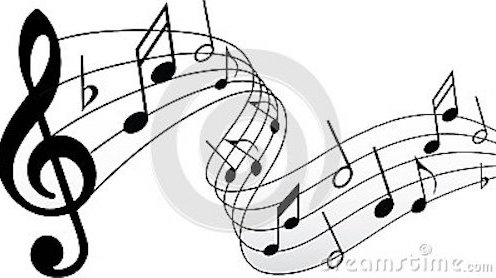August Brown of the Los Angeles Times reports:
Just two weeks ago, Pollstar projected that in its most pessimistic scenario for the post-COVID-19 concert industry, shows would resume in less than a year with industry losses around $9 billion.
Now the live business is preparing for much worse….
…Major promoters such as Live Nation have postponed or canceled all shows. AEG’s Coachella Valley Music and Arts Festival, still ostensibly on for October, is looking less certain by the day and could see 40% of ticket holders request refunds during a new 30-day window for fans to get their money back.
Some studies suggest that social distancing measures affecting gatherings like concerts may need to deployed into 2022. A vaccine for the novel coronavirus looks to be at least 12 to 18 months away…
…“If 1% of the population has COVID-19 and half are asymptomatic, that’s 250 people in a stadium of 50,000, all touching chairs, eating food, talking and jumping and shouting. Is there is a better place for spreading disease?” asked bioethicist Dr. Ezekiel Emanuel, the director of the Healthcare Transformation Institute at the University of Pennsylvania and a former healthcare advisor to President Obama.
“Going back to those situations, for all of us who love concerts, it’s hard to see how to do that without a vaccine…”
…“Lots of people in a crowded space is a great risk for transmission of COVID-19. We would need widespread testing to be scaled up to have a good estimate about prevalence in the population and what transmission dynamics looked like, and we would need a universal testing guideline with access to testing,” said [said Dr. Krutika Kuppalli, Infectious Diseases physician and Biosecurity Fellow at the Johns Hopkins Center for Health Security.]. “Once testing was satisfactory, and it looked like numbers were consistently going down to manageable numbers, you could start discussing lifting public health measures…”
…For artists, industry professionals and anxious music fans, the concert business, like live sports, was among the first to be affected by COVID-19 and will be among the last to recover. A disease that looked like a vague disruption just a month and a half ago now could be an extinction-level event for the live business for at least a year to come.
“It’s my job to be ‘the glass is 3/4 full’ guy, but a lot of artists right now are like, ‘Not only is the glass half-empty, but it’s knocked all over the table’,” said Jonathan Daniel, the co-founder of Crush Management, which looks after major acts including Green Day, Lorde, Weezer and Fall Out Boy. He said that while some rap and pop artists (like Sia, whom Crush manages too) do fine on royalties alone, for “Weezer, Green Day and Fall Out Boy, they have lots of hits, but touring is the main part of what they make.”
“Most artists rely overwhelmingly on the live business for income, there’s very little being earned by recorded music anymore,” said Brandon Ross, a partner at the tech and media research firm Lightshed. The live music industry generates an estimated $12.2 billion annually. “But even more than artists, I worry about support staff behind the scenes. That’s why survival of Live Nation and AEG are so critical, because they are the backbone of the touring business, and thousands and thousands of people are reliant on that to make a living.”
While the stock of mega-promoter Live Nation lost, at one point, two-thirds of its value during the COVID-19 panic, the impact is already brutal on emerging acts and support crews.
“We’re a microcosm of society, and this showed how fragile the whole economy was,” said Kevin Lyman, founder of the stalwart punk roadshow Warped Tour and now a music business professor at USC. He expects that even with progress on a vaccine and testing, fans may be hesitant to return to concerts for a while, and the concert industry will have to re-earn their trust…
…Even as other businesses like restaurants or retail slowly re-emerge, and workers begin to restart the economy, the concert industry could take well over a year or more to look anything like what we’re used to.
When shows hopefully resume in 2021, promoters will likely treat the disease like another security measure at the gates: temperature checks, mandatory face masks or even on-site COVID-19 testing are all potential measures in the future…
Read more at the Los Angeles Times.

